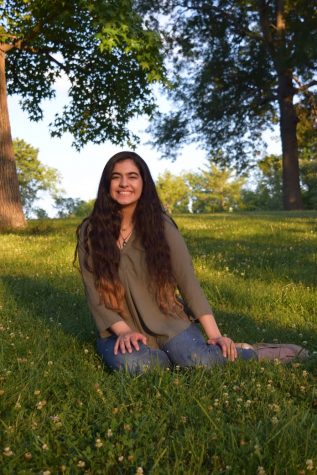During their 12 weeks of summer, many students long to get away from a school environment, but juniors Ella Seigel, Maaz Khan and sophomore Maura Collins spent their summers working at a Washington University in St. Louis nature reserve.
Instead of brick walls and bulletin boards, this learning environment was surrounded by trees, creeks and sunlight. They interned at the Shaw Institute for Field Training (SIFT) and learned about ecology, biology and eco-restoration.
“[The SIFT internship] sounded really interesting when I heard about it, and I got referred through someone I know who worked with Tyson Research Center,” Seigel said. “She said the kids who did this program really enjoyed it, and it was a really fun way to be outside during the summer, so I was excited.”
Activities consisted of learning how to do abiotic testing, going on a bat survey and observing multiple ecosystems such as prairies to see if they were healthy.
“I learned a lot of really useful skills like how to use Global Positioning System (GPS) and how to make dichotomous keys if I were to go into that career path,” Seigel said. “I really don’t know what I’m planning with my future, so it was a good way to look at this field, consider it and get some experience in it just in case it was something I was interested in.”
Collins, on the other hand, is currently thinking of pursuing a career in Environmental Law.
“I’m really interested in science, and I wanted to know what the different fields are and if it’s something that I’m interested in because it’s about teaching field research,” Collins said.
From learning to count and categorize different kinds of organisms, like plants and about mapping topography, Collins believes this internship helped her—and would help others—get exposure to the field.
“I would really encourage people to try [SIFT] just because it’s really fun, and it’s a good opportunity to meet people that have similar interests,” Collins said.
Similarly, Maaz originally decided to go into SIFT just as something to do over the summer that would keep him busy. Yet, as he spent more time at the nature reserve, he realized how much work goes into it and how meticulous the scientists who do it can be.
“No one else in my family has ever done [this] kind of work [before], so having experts in the field teach you about it was a really nice learning experience,” Khan said. “I am not sure if I want to pursue a career in environmental sciences but I am incredibly happy that I get to have a hands-on experience with this field. The work these people do, all of it, is just incredibly admirable.”
Khan currently wants to pursue studies in business or finance but values the experience.
“I didn’t really know how much work actually goes into taking care of the environment,” Khan said. “I was like ‘oh, it’s mostly just picking weeds and whatnot,’ but when we actually went out there, we saw how they collect data and how they decided to make decisions. I didn’t expect environmental scientists to put in as much work as they did. I thought most of the work was done by machines, but a good portion is done by hand which made me realize just how much care and hard work these scientists put in.”
Participants apply for the year-long program, and after one week of training in June, they can sign up for projects when it works with their schedule.
“During training week, at the end of each day, they would give us a professional skills session which would include skills like how to properly introduce yourself, write formal emails, etc. It was great to learn how things are done in the professional world,” Khan said. “Whenever I have a free weekend I might help out there in the future. It’s a really friendly atmosphere, the people there are really nice and it’s really educational. Also, if you just want to see what it’s like to work [environmental] jobs, even if you don’t really have a particular interest in it, it still is really fun to do.”


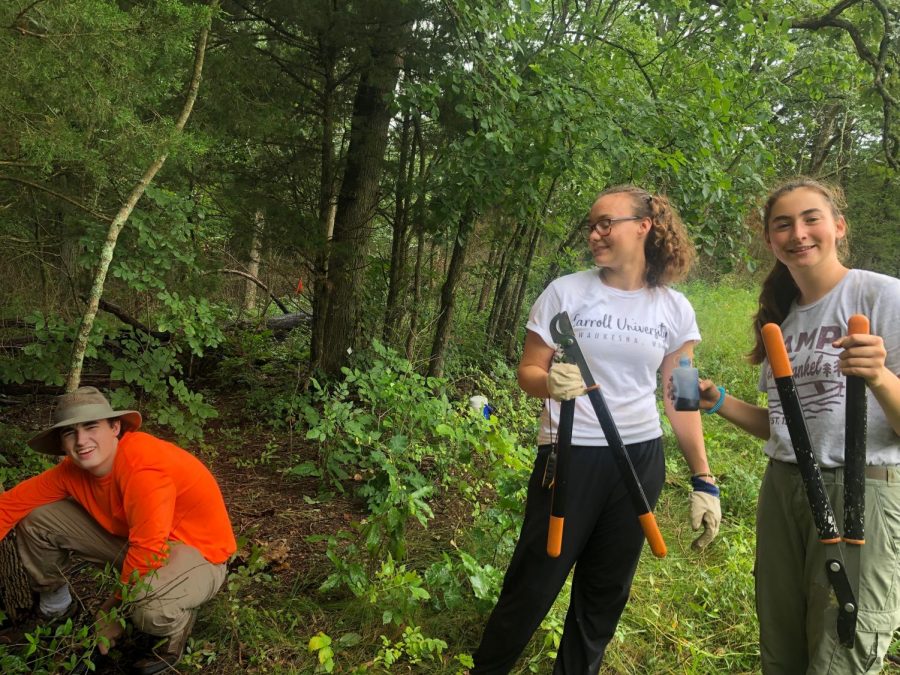

![Standing in Lambert Airport, French students smile for a photo before their flight. On March 10, the group of students began their 12-day trip to France, accompanied by French teacher Blair Hopkins and Spanish teacher Dominique Navarro. “The trip went smoothly. I think everybody enjoyed all three parts of it: Paris, Nice and the family home stay. The feedback I’ve gotten from all [of] the students has been positive, including several people already trying to plan a trip back to France,” Hopkins said.](https://pwestpathfinder.com/wp-content/uploads/2025/04/IMG_8146-1200x900.jpg)
![Latin students pose for a group photo in front of historical ruins in Italy. From March 13 to March 23, the Latin department traversed cities in Italy to immerse students in an educational experience of a lifetime. “I enjoyed being able to learn about the different cultures. [The trip] encouraged me to see other people's lifestyle and learn more about different histories,” senior Suraiya Saroar said.](https://pwestpathfinder.com/wp-content/uploads/2024/04/PXL_20240318_092633493.jpg)
![From Jan. 22 through Feb. 1, Parkway West High is displaying a wide array of art pieces made by students ranging from elementary to high school. All classes were represented on the displays in both the art wing and the main foyer of the school. “[Art] benefits me because in the middle of a busy day. I can just relax and have some fun doing art and it makes me happy. I think it's important that you show art in the art show so that people can get inspired by it and be inspired to create their own pieces; it’s really impactful,” sophomore Dhiya Prasanna said.](https://pwestpathfinder.com/wp-content/uploads/2024/02/image1-1200x800.jpg)
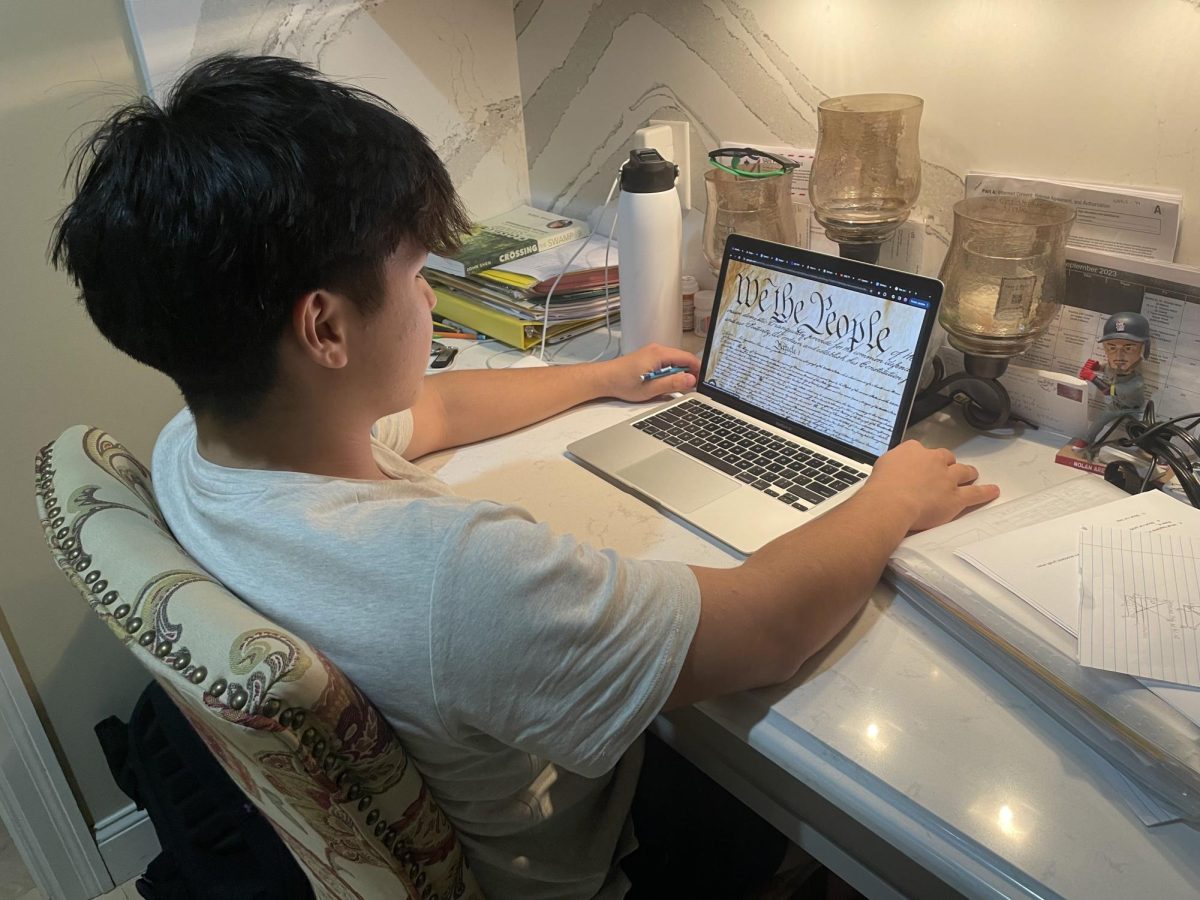
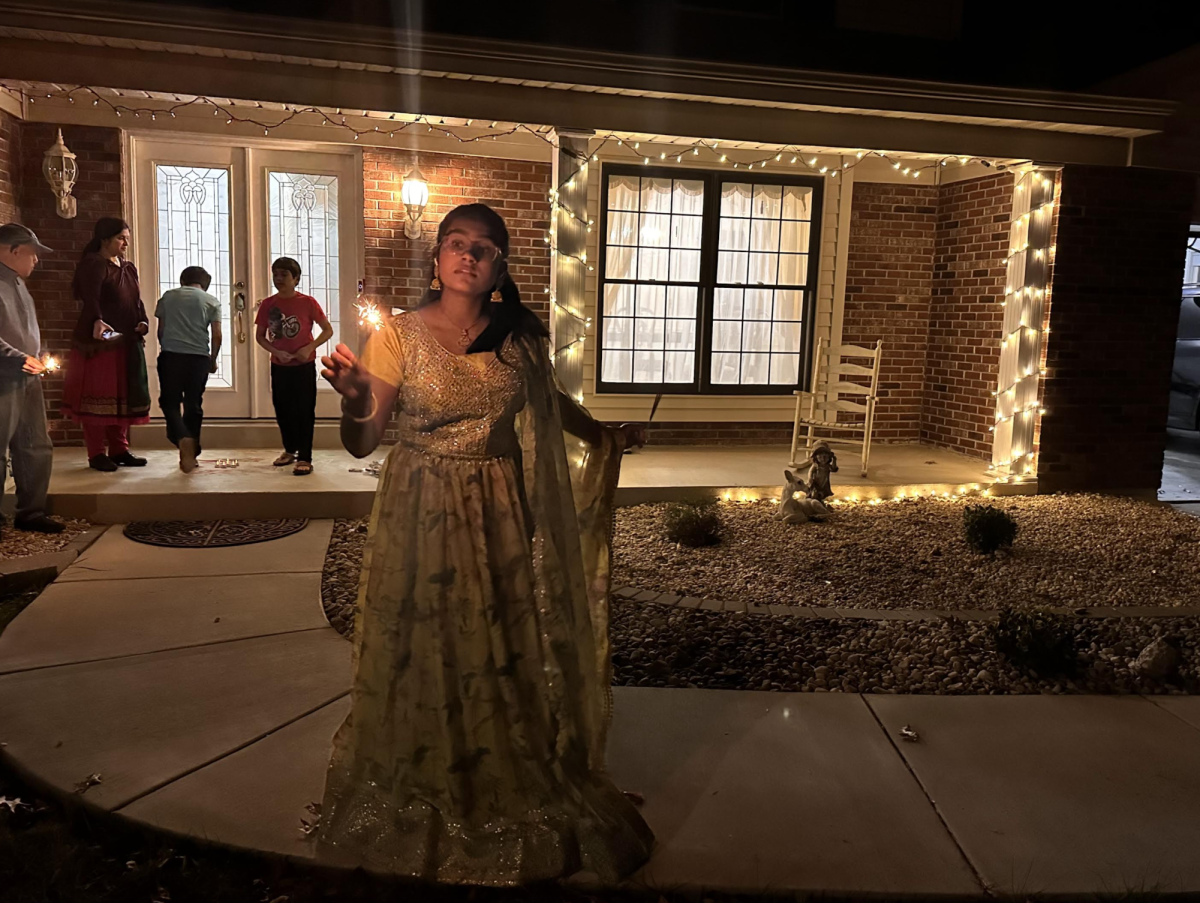
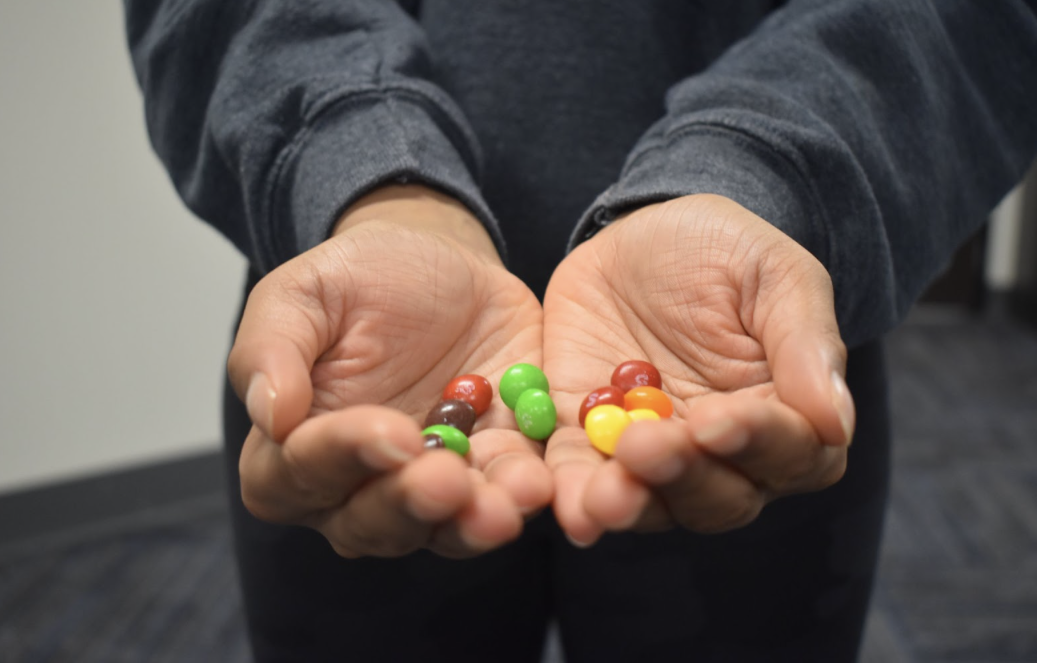
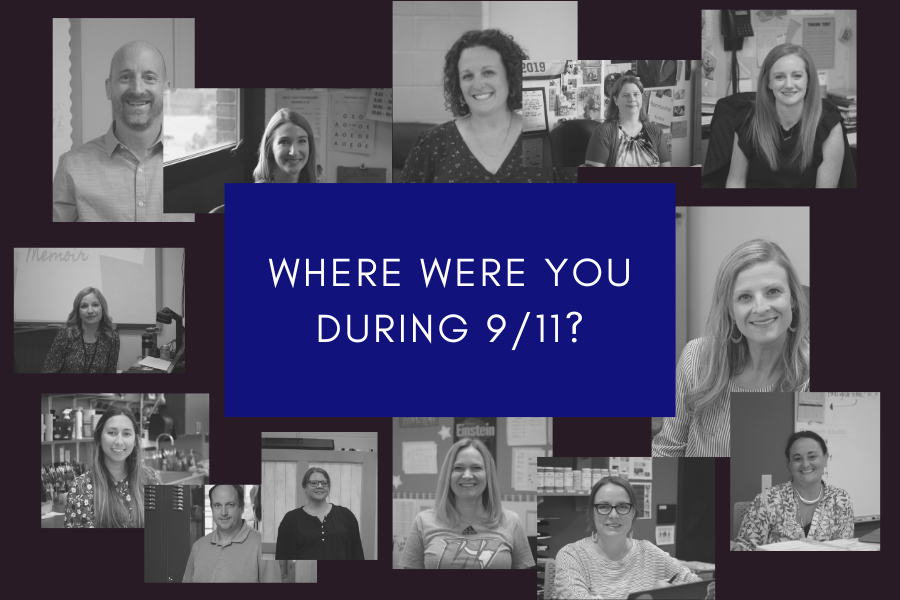

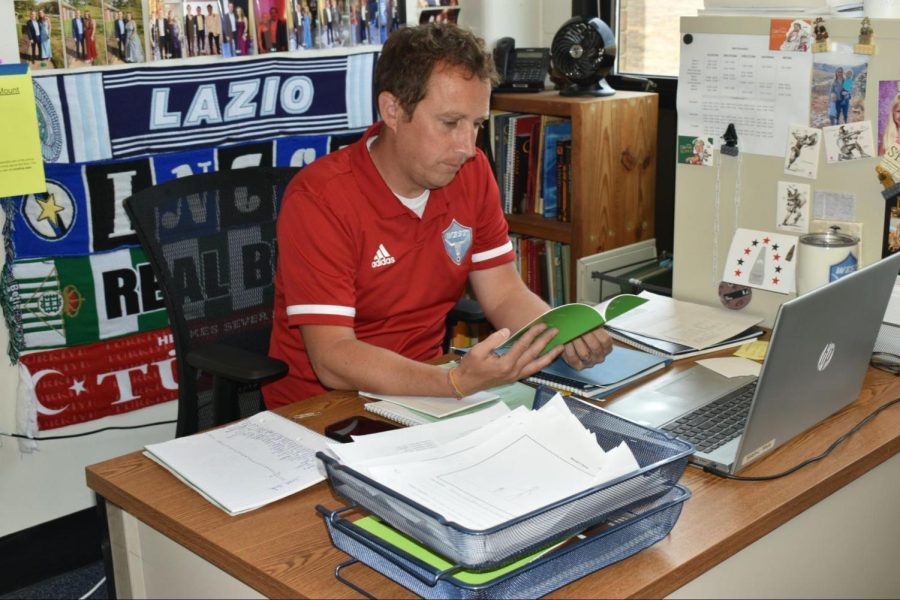


![Pitching the ball on Apr. 14, senior Henry Wild and his team play against Belleville East. Wild was named scholar athlete of the year by St. Louis Post-Dispatch after maintaining a high cumulative GPA and staying involved with athletics for all of high school. “It’s an amazing honor. I feel very blessed to have the opportunity to represent my school [and] what [it] stands for,” Wild said.](https://pwestpathfinder.com/wp-content/uploads/2025/05/unnamed-6-1200x714.jpg)
![The Glory of Missouri award recipients stand with their certificates after finding out which virtue they were chosen to represent. When discovering their virtues, some recipients were met with contented confirmation, while others, complete surprise. “I was not at all surprised to get Truth. I discussed that with some of the other people who were getting the awards as well, and that came up as something I might get. Being in journalism, [Fellowship of Christian Athletes and] Speech and Debate, there's a culture of really caring about truth as a principle that I've tried to contribute to as well. I was very glad; [Truth] was a great one to get,” senior Will Gonsior said.](https://pwestpathfinder.com/wp-content/uploads/2025/04/Group-Glory-of-Missouri.jpg)
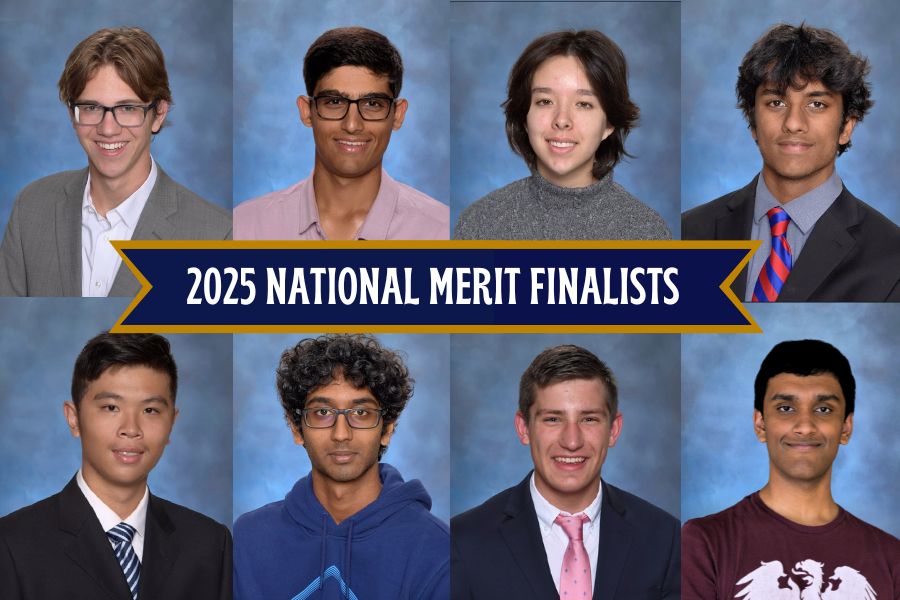
![Freezing in their position, the Addams Family cast hits the “rigor mortis” pose after cast member and senior Jack Mullen, in character as Gomez Addams, calls out the stiff death move. For the past four months, the combined company of cast members, orchestra pit, crew and directors all worked to create the familial chemistry of the show. “I’m excited for [the audience] to see the numbers, the music, the scenes, but I also just love all the technical aspects of it. The whole spectacle, the costumes, makeup and the people that put in the work backstage in order to make the show successful on stage. I’m excited for people to see and appreciate that,” Mullen said.](https://pwestpathfinder.com/wp-content/uploads/2025/03/DSC0116-1200x800.jpg)
![This is the first year that the Parkway West Science Olympiad team competed at regionals. Team member and junior Anish Jindal competed in several events including Chem Labs, Experimental Design and Geological Mapping, earning top five placements in several events. “Compared with some of the other academic competitions at West [that can be] difficult to figure out how to get better, [Science Olympiad] is a lot more inclusive, having a broad group of people with different specialties,” Jindal said.](https://pwestpathfinder.com/wp-content/uploads/2025/03/DSC0391-1200x800.jpg)
![Raising his arm for a high five, freshman Abram Brazier plays with Early Childhood Center students during his first visit of the semester. Brazier joined his assigned class during their designated outdoor time. “[Child Development] gives me experience with how to talk [to] kids. We read them a book so knowing how to talk to them [was helpful]. Most of the [preschoolers] just came right up to us [and] played around,” Brazier said.](https://pwestpathfinder.com/wp-content/uploads/2025/01/gallery2-1200x800.jpg)
![Adding a tray of canned corn to the pile, junior Michael Collop assists in transporting donations for the Holiday Food Drive. The event, hosted schoolwide from Dec. 10-17, raised over 5,000 food items to deliver to the Parkway Food Pantry, helping several families in need. "[The drive] is a great thing for us to do because you're giving to those who are less fortunate, and it helps provide for people who can't provide for themselves. [The] competition is always fun, too. It was fun to be in [social studies teacher Jeff] Chazen’s class, because he always gets worked up over [the competition]. He made it exciting, and was always convincing us to turn in cans for the drive,” Collop said.](https://pwestpathfinder.com/wp-content/uploads/2024/12/feature-photo-unsung-2.png)
![Principal John McCabe announces that Jeffrey Chazen has won Teacher of the Year. Chazen was discussing freedom of speech with his AP Government class when the door opened and administrators rushed in. “[I was] extremely happy and humbled, but mostly shock[ed]. I've been here longer than any other teacher, so I know most of the people on the list of Teachers of the Year, and they are amazing teachers themselves,” Chazen said. “It's just nice to be on the list with them, including [social studies teacher Kristen] Collins, who is the only other social studies teacher who has won Teacher of the Year. It was nice to bring something back to the social studies department.”](https://pwestpathfinder.com/wp-content/uploads/2024/12/DSC_0021-1-2-1200x801.jpg)
